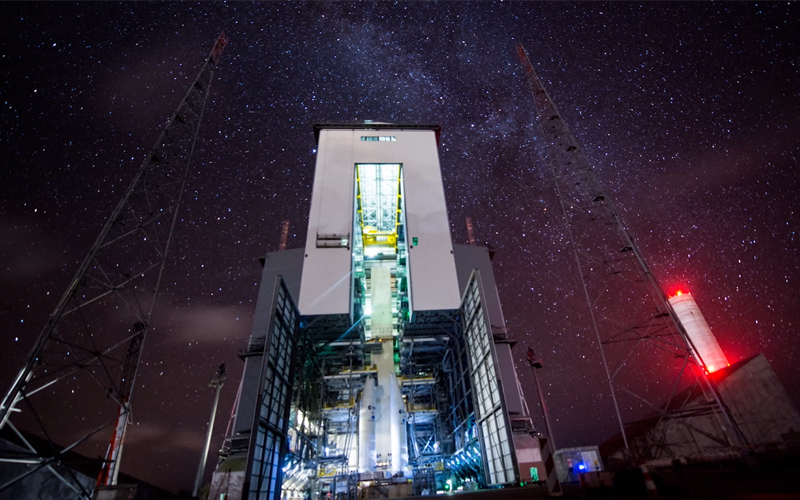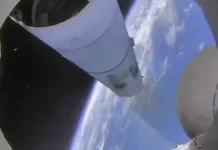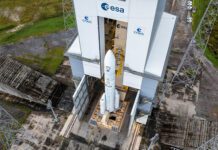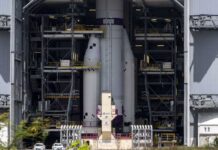
Member states of the European Space Agency have committed to provide ArianeGroup with up to €340 million a year to operate Ariane 6. In addition to subsidies for Ariane 6, it was also agreed that €21 million per year would be provided for the operation of Vega C.
ESA is currently working towards a major milestone for Ariane 6 with the completion of a long-duration hot fire test that is scheduled for late November. Once that has been completed and the results analyzed, the agency will provide a more specific date for the 2024 debut of the vehicle.
Vega C is currently grounded following a failure in December 2022 and a failed ground test of the rocket’s second stage in late June. Avio is currently working to redesign the nozzle of the rocket’s solid-fuel second stage, with a return to flight expected in the final quarter of 2024.
The commitment to subsidize Ariane 6 and Vega C was agreed upon at the 2023 Space Summit in Seville, Spain. However, the funds will not be available immediately with the decision to actually allocate funding for the subsidies occurring at the ESA ministerial-level council meeting in 2025. Additionally, the funding for the subsidies will not be covered by all member states participating in the Ariane 6 and Vega C programmes but by France, Germany, and Italy.
“At the next ESA Council Meeting at Ministerial Level in 2025 (CM25), France, Germany and Italy hereby commit to request, within their national budget procedure, the adequate funding of Ariane 6 and Vega C exploitation model and of the European Launcher Challenge,” explained a trilateral joint statement signed by the three countries.
The commitment will allow ArianeGroup to place the urgently needed production contracts for the first three years of “Ariane 6 stabilised exploitation.” This corresponds to Ariane 6 flights 16 to 42, with a previous agreement providing support for the first 15 flights. In terms of Vega C, the subsidies will support flights VV26 to VV42. The agreement also has provisions for support for a period of 18 months beyond that first three years.
The European Launcher Challenge, which will also receive funding as a part of this agreement, will see the first significant public funding of European launch startups. The programme, which is intended to be launched in 2025, will see winning bidders receive €150 million each to support the development of their respective space transportation services.




